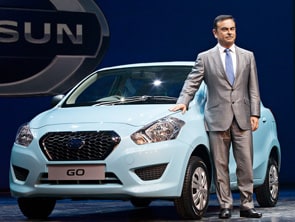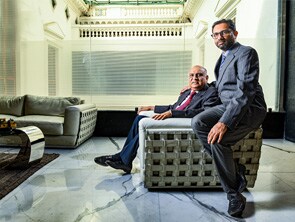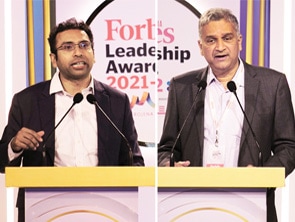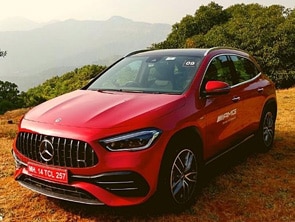Our top reads of the week


Indian stock markets saw a flood of first-time investors when the Covid-19 pandemic hit. Aided by cheap mobile data, lower trading costs, and access to a smartphone, people, with incomes uncertain or truncated, began to look at the capital market as an alternative source to make money. Stock market traders made the most of the situation thanks to increased demand for trainers and mentors. But all"s not good in stock trading training haven. Here"s the good, the bad, and the ugly. For more
 2) Datsun Go-ne
2) Datsun Go-ne
Nissan launched the Datsun brand in India in 2014. It had hoped that the small car boom at the time in the country is the perfect opportunity to capture the emerging market with low-cost vehicles. Datsun Go arrived. “We see a significant opportunity in these growth markets where demand for cars is increasing and will continue to increase," said Carlos Ghosn, then CEO of the Renault-Nissan alliance, targetting to pocket 10 percent of the Indian car market by 2016. On April 20, 2022, Nissan pulled the plug on the brand. Here"s the story of what went wrong in Datsun"s strategy. For more
 3) Cementing a sustainable future
3) Cementing a sustainable future
Benu Gopal Bangur, chairman of Shree Cement, is 91 years old and on the Forbes Billionaires list with a net worth of $7.6 billion in 2022. The cement czar from Kolkata derives most of his wealth from majority shareholding in the company he founded 45 years ago. Shree Cement currently produces 46.4 million tonnes per annum and the firm’s EBIDTA for the December quarter stood at Rs 826 crore. After suffering the consequences of the pandemic lockdowns, the company is back at full throttle with its capex plans and growing its capacity, but in sustainable ways. For more
Over the past six months, going short on the Indian market has been a fool’s errand. Rising interest rates, higher inflation numbers and peak valuations have proved insufficient to dent the index rally. Market declines have been shallow and short-lived. Nifty50 and Nifty Midcap 100 both are seeing the highest valuation numbers ever in the last decade and experts believe these numbers will sustain. These numbers come at a time when Indian companies are facing rising challenges on account of slowing demand, supply chain bottlenecks and rising costs. What then explains the resilience of Indian markets? For more
 2) Whales in the waiting
2) Whales in the waiting
Two banking developments took place in April—one, the proposed merger of Housing Development Finance Corporation (HDFC) with private sector lender HDFC Bank, being touted as a ‘once-in-a-lifetime’ deal and second, Axis Bank buying out Citi India’s consumer banking business. Both are not only big pieces of news, but also panic-inducing moves for small or ailing banks in India—considering Finance Minister Nirmala Sitharaman"s intentions of having only 4-5 banks the size of the State Bank of India, to meet the needs of a growing economy. Is amalgamation going to be one of the buzzwords of 2022? For more
 3) Forbes India debate
3) Forbes India debate
At the recently held Forbes India Leadership Awards 2022, we organised a power-packed Oxford-style debate. The topic delved into the government’s capex push of ₹7.5 lakh crore to revive business sentiment, spur consumption, and fast track growth through a multiplier effect. Saurabh Mukherjea, founder and CIO, Marcellus Investment Managers, argued for the motion, and Madan Sabnavis, chief economist, Bank of Baroda, arguing against the motion put across their arguments backed by data, anecdotes and numbers. Here"s your chance to relive it. Watch here
 4) Mercedes-AMG GLA35: Adorable monster
4) Mercedes-AMG GLA35: Adorable monster
Mercedes-AMG GLA35 can be quick when you need it to be. It can also be a tame puppy sleeping in your lap when you need it to be. If Mercedes-AMG GLA45 is manic and ferocious, GLA35 is manic but lovely. The car screams its credentials and can talk to the wind with a healthy 306hp. This split personality works really well for Mercedes-AMG GLA35—a perceived compromise that is actually the real deal. Watch here
First Published: Apr 23, 2022, 09:04
Subscribe Now 1) Resilience continues
1) Resilience continues